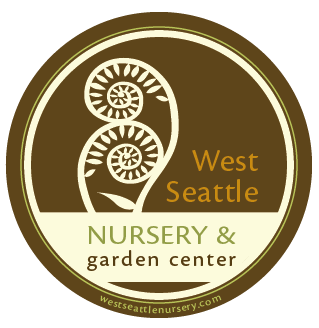Harnessing the Benefits of Coconut Coir in Gardening with Care
At West Seattle Nursery, we're always on the lookout for eco-friendly and versatile solutions that enhance gardening experiences while keeping our furry friends safe. Coconut coir, a natural byproduct derived from coconut husks, is one such remarkable resource that offers a plethora of benefits for plants and gardeners alike. However, it's crucial to be aware of its potential danger to our feline companions.
The Magic of Coconut Coir
Coconut coir, often referred to as "coco peat," is a sustainable and renewable alternative to traditional soil amendments. It's a fibrous material that retains water exceptionally well, making it an excellent choice for enhancing soil moisture retention. This feature not only reduces the frequency of watering but also promotes optimal hydration for plants, resulting in healthier growth and improved root development.
Gardeners also appreciate coconut coir's exceptional aeration properties. It prevents soil compaction, allowing roots to breathe freely and ensuring adequate nutrient uptake. Its natural resistance to fungal growth and ability to decompose slowly make it an excellent component in potting mixes, helping to create a balanced and nurturing environment for plants to thrive.
Coconut coir is a great swap for peat moss, which is being over-harvested at the cost of native peat bogs.
A Word of Caution: Cats and Coconut Coir
While coconut coir offers numerous advantages, it's important to be mindful of its potential toxicity to cats. Some cats may be attracted to the texture and taste of coir, which can lead to ingestion and subsequent health issues.
The ingestion of coconut coir can cause gastrointestinal distress in cats, including vomiting and diarrhea. In severe cases, it may even lead to intestinal blockages, requiring immediate veterinary attention. As pet owners and garden enthusiasts, it's our responsibility to ensure the safety and well-being of all members of our household, including our beloved animal companions.
Gardening with Care
As we continue to explore the wonders of gardening and eco-friendly practices, it's essential to strike a balance between our enthusiasm for plant care and our commitment to the safety of our pets. When using coconut coir in your gardening projects, consider the following precautions:
Secure Containers: If you're using coconut coir in pots or containers, make sure they are securely covered to prevent curious cats from digging into the mixture.
Supervision: When gardening, supervise your pets to prevent them from coming into contact with coconut coir.
Strategic potting: If you are not too worried about your pet digging in the plants, consider covering the top layer of soil with rocks or another substrate. This makes the coconut coir inaccessible to their curious taste buds.
Alternative Substrates: If you have cats or other pets, you might consider using alternative soil amendments like composted materials that don't pose a risk to your furry friends.
At West Seattle Nursery, we cherish both the beauty of nature and the bonds we share with our animal companions. Let's continue to nurture our gardens with care and consideration, creating lively homes where our plants and pets can thrive side by side.


